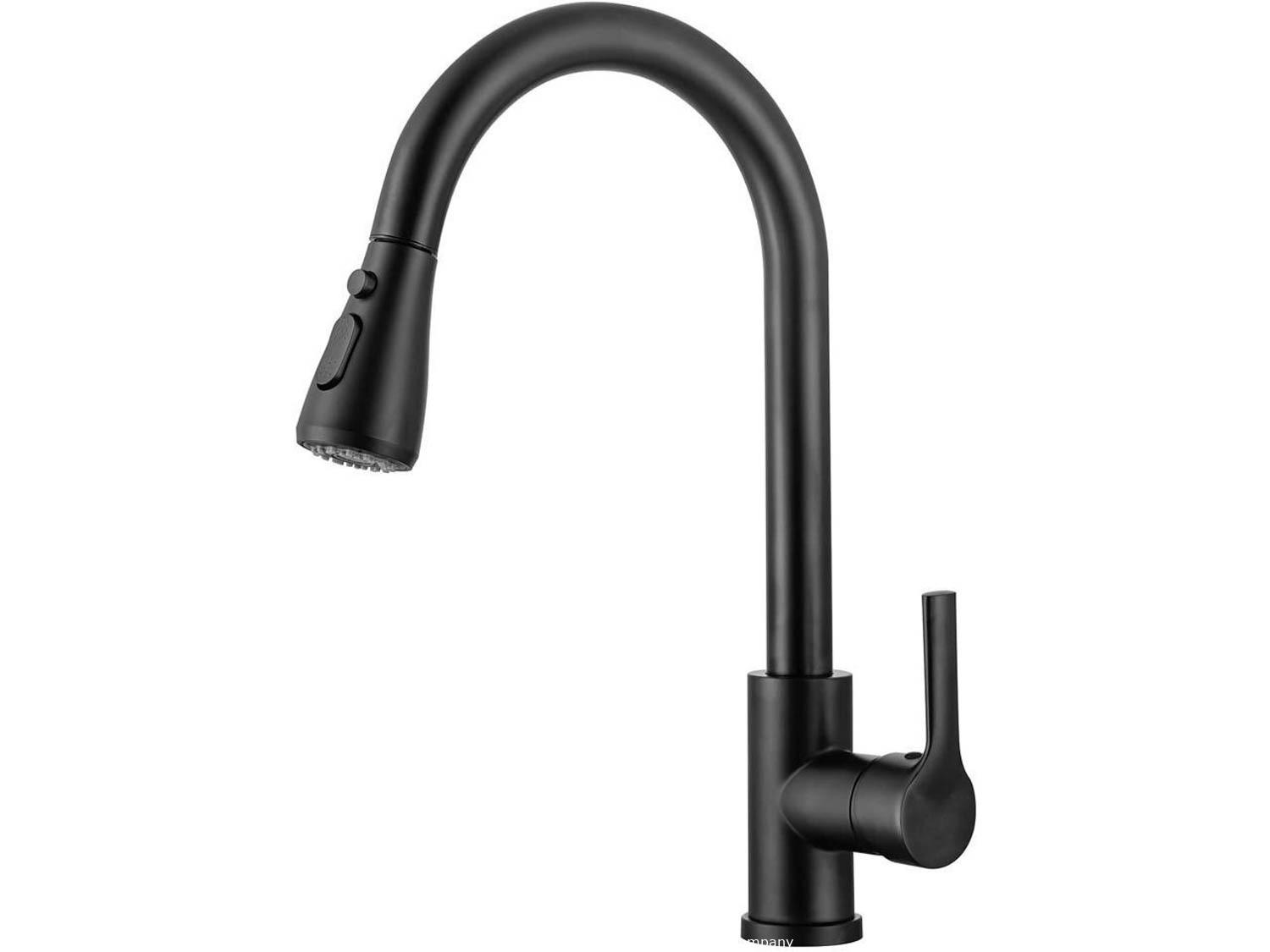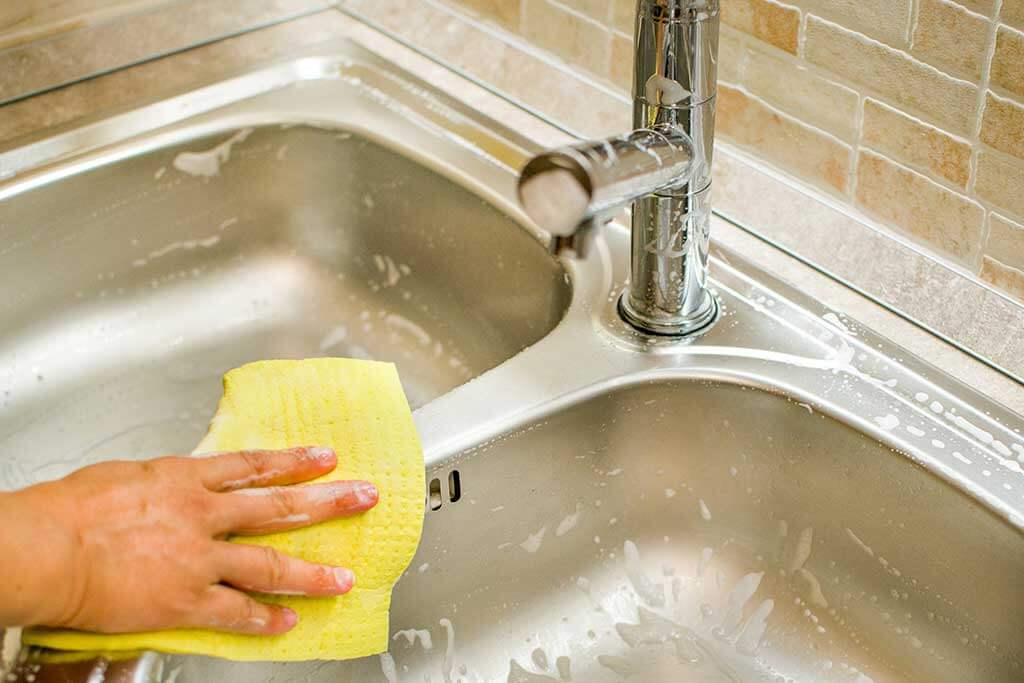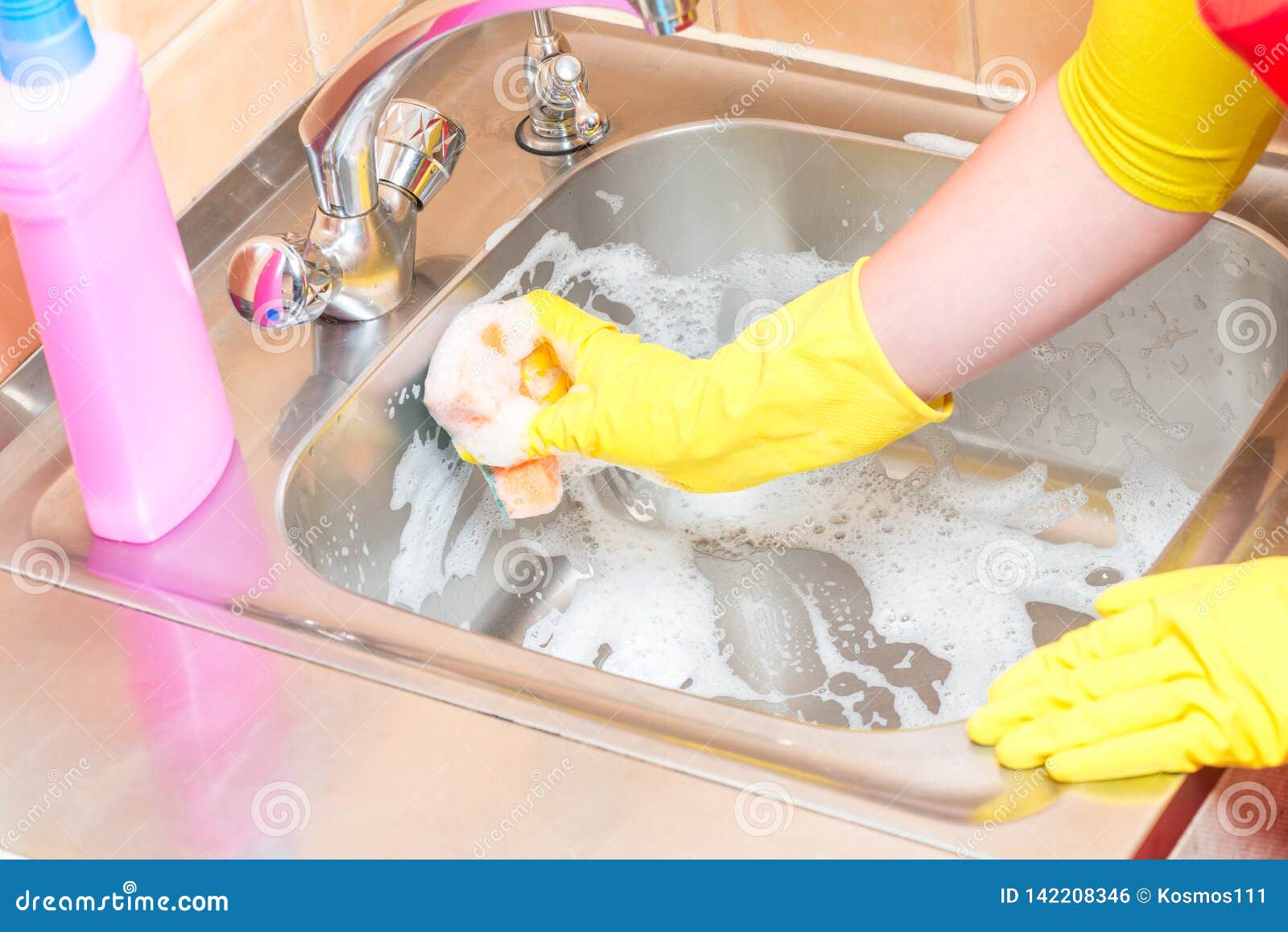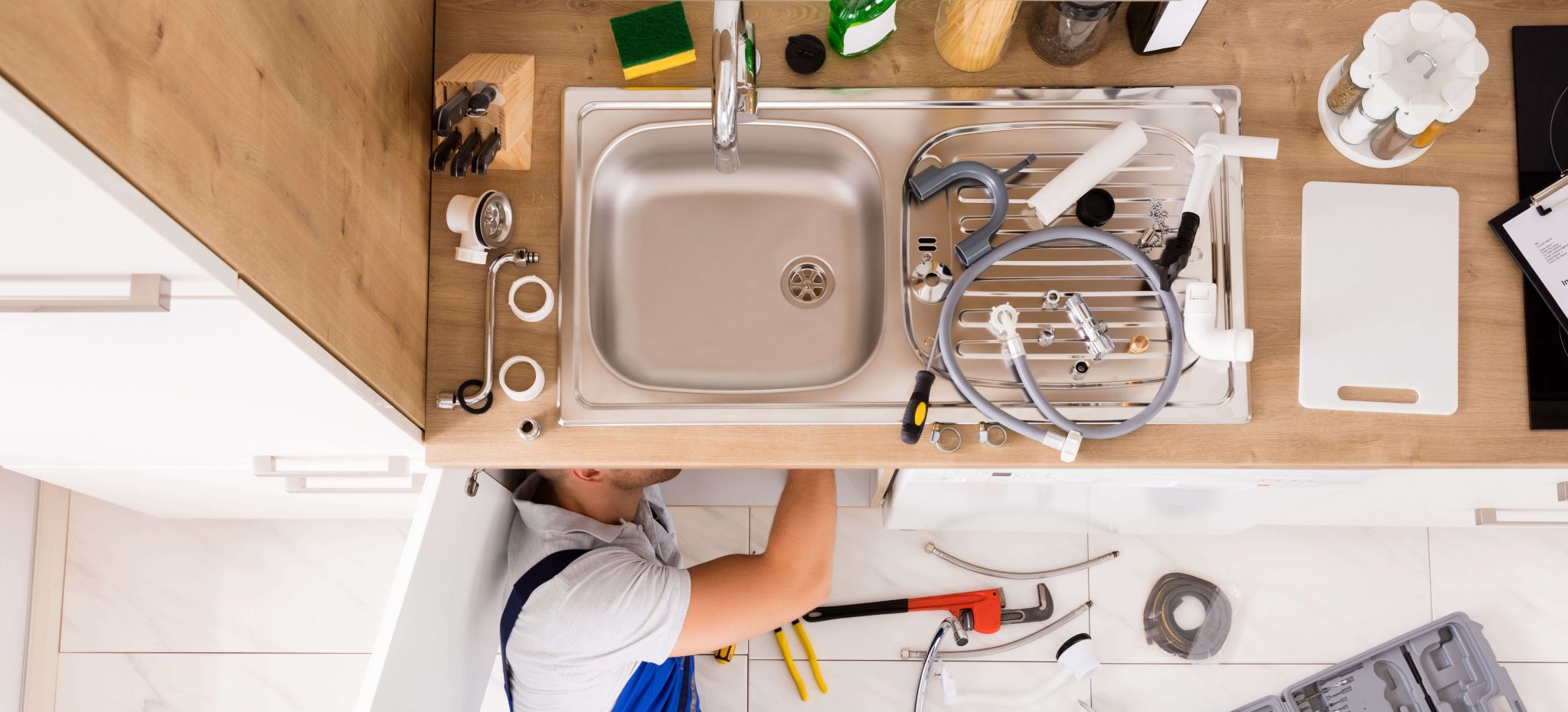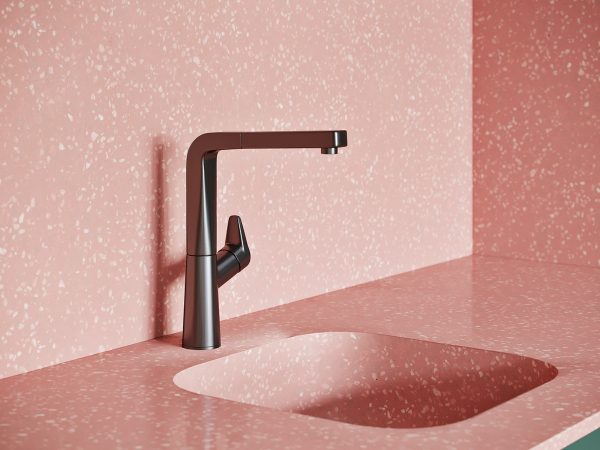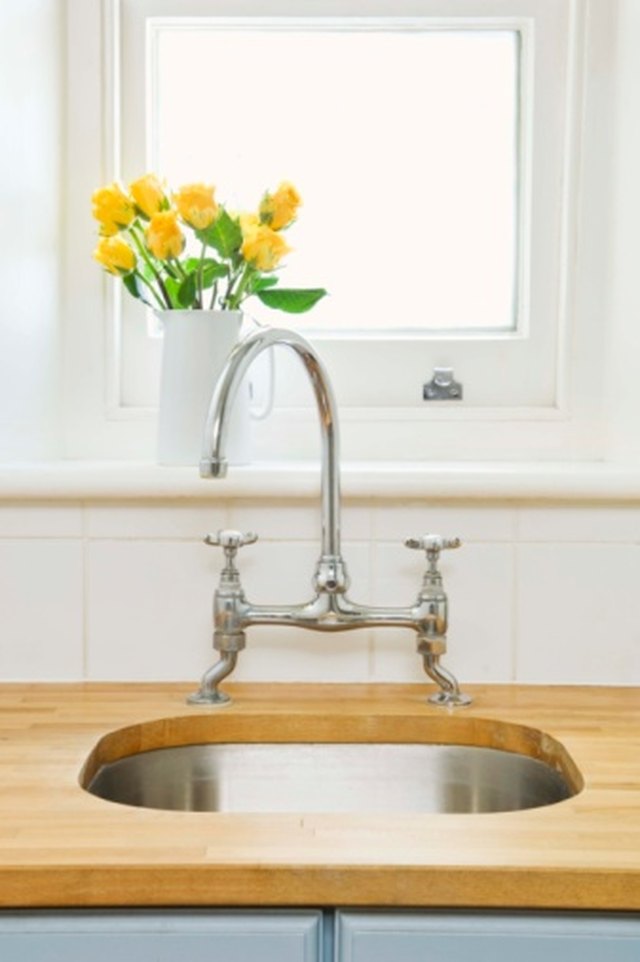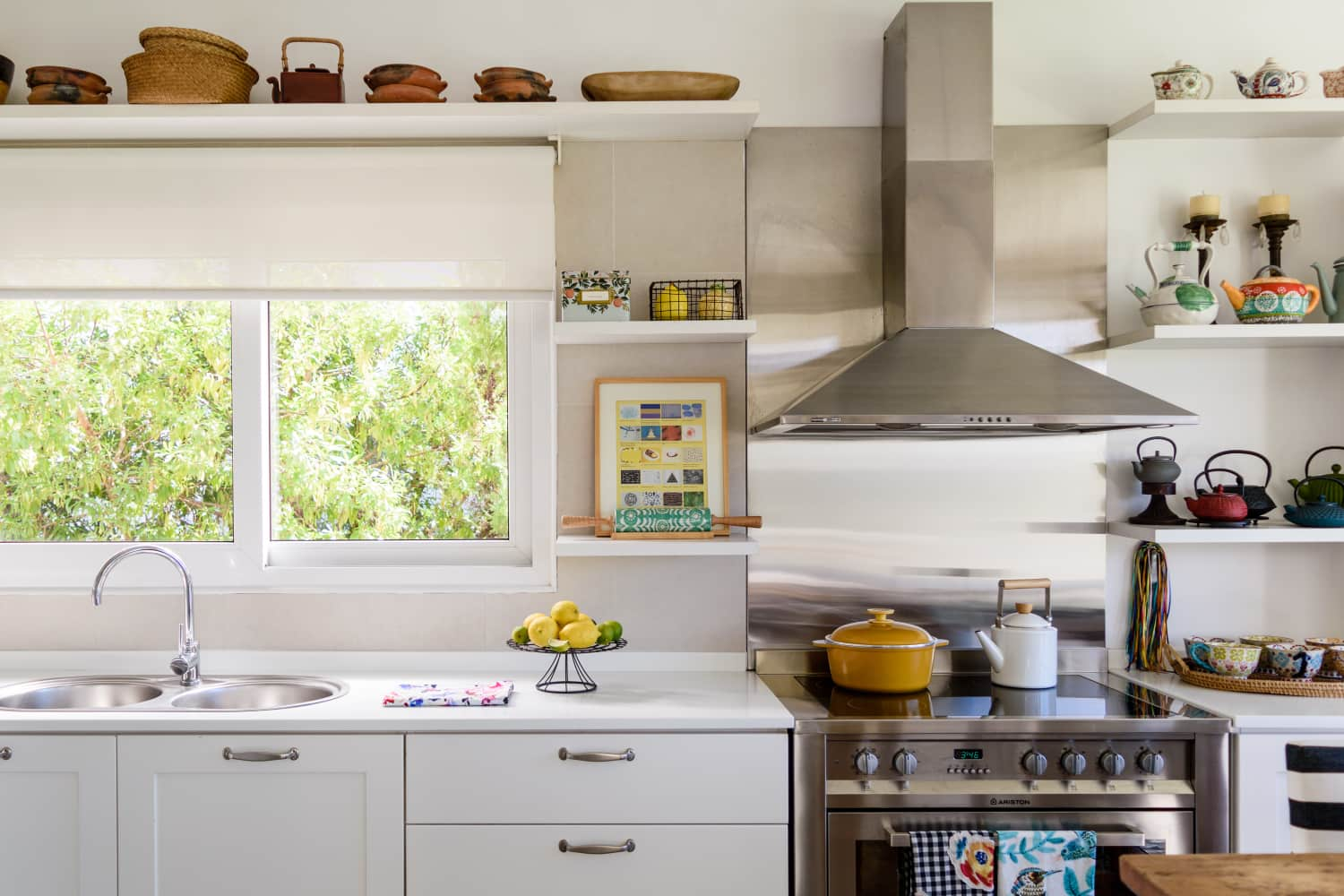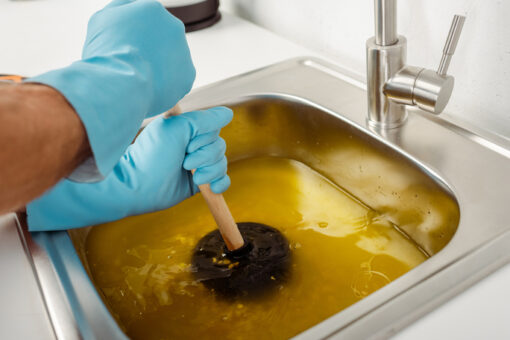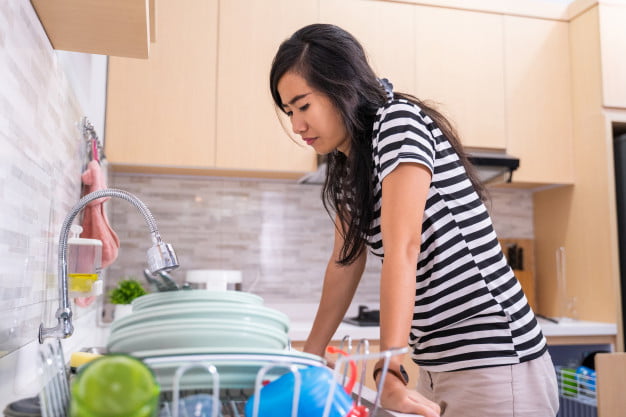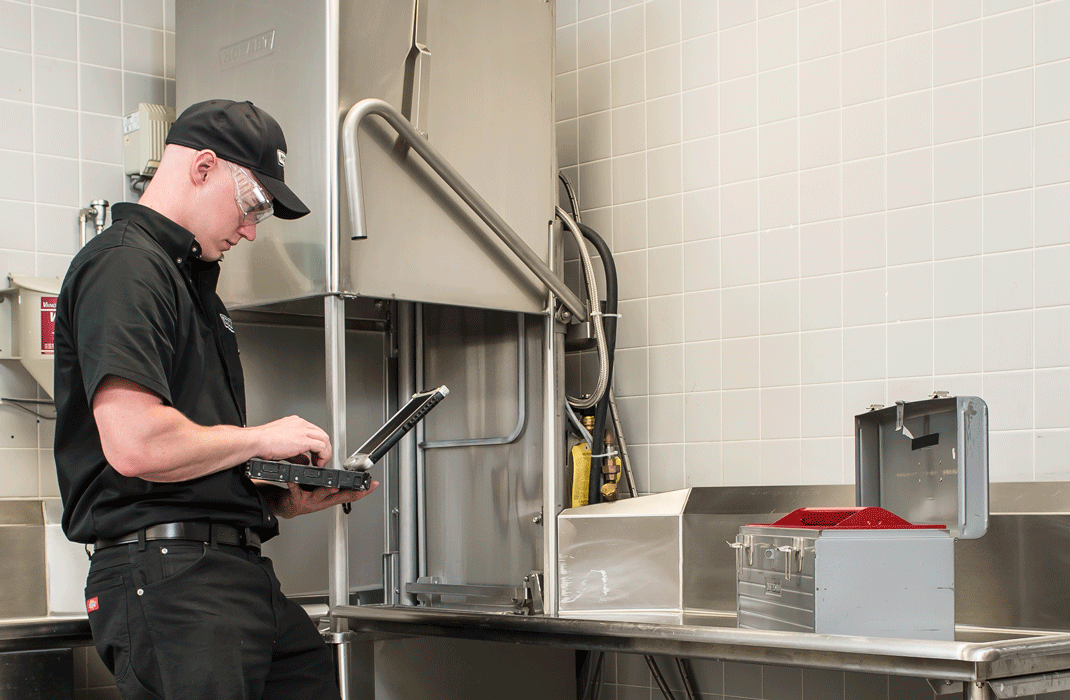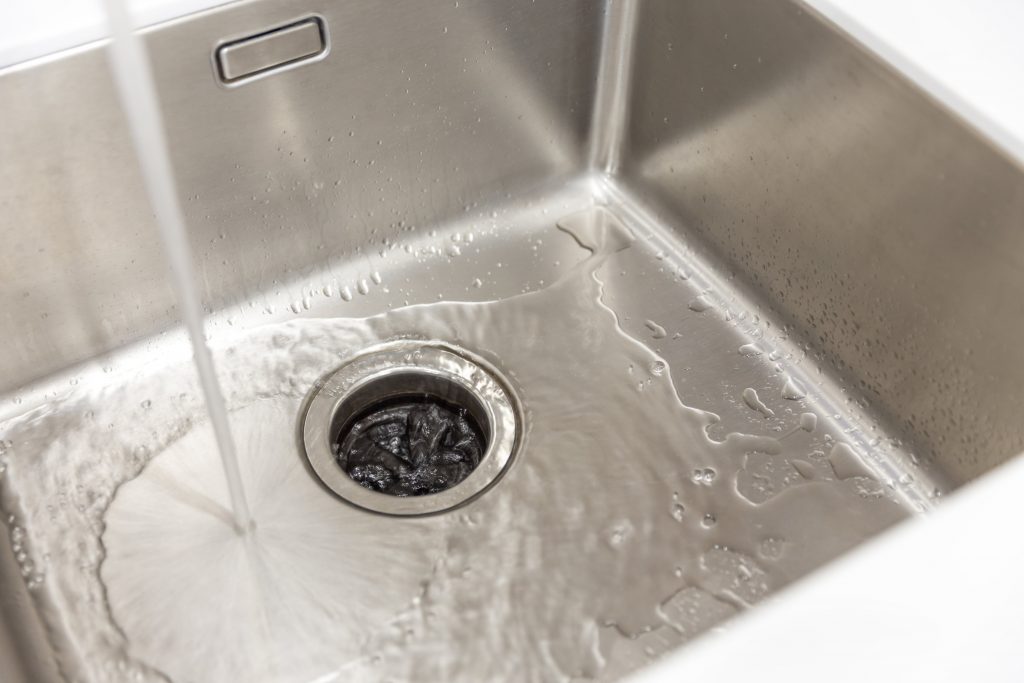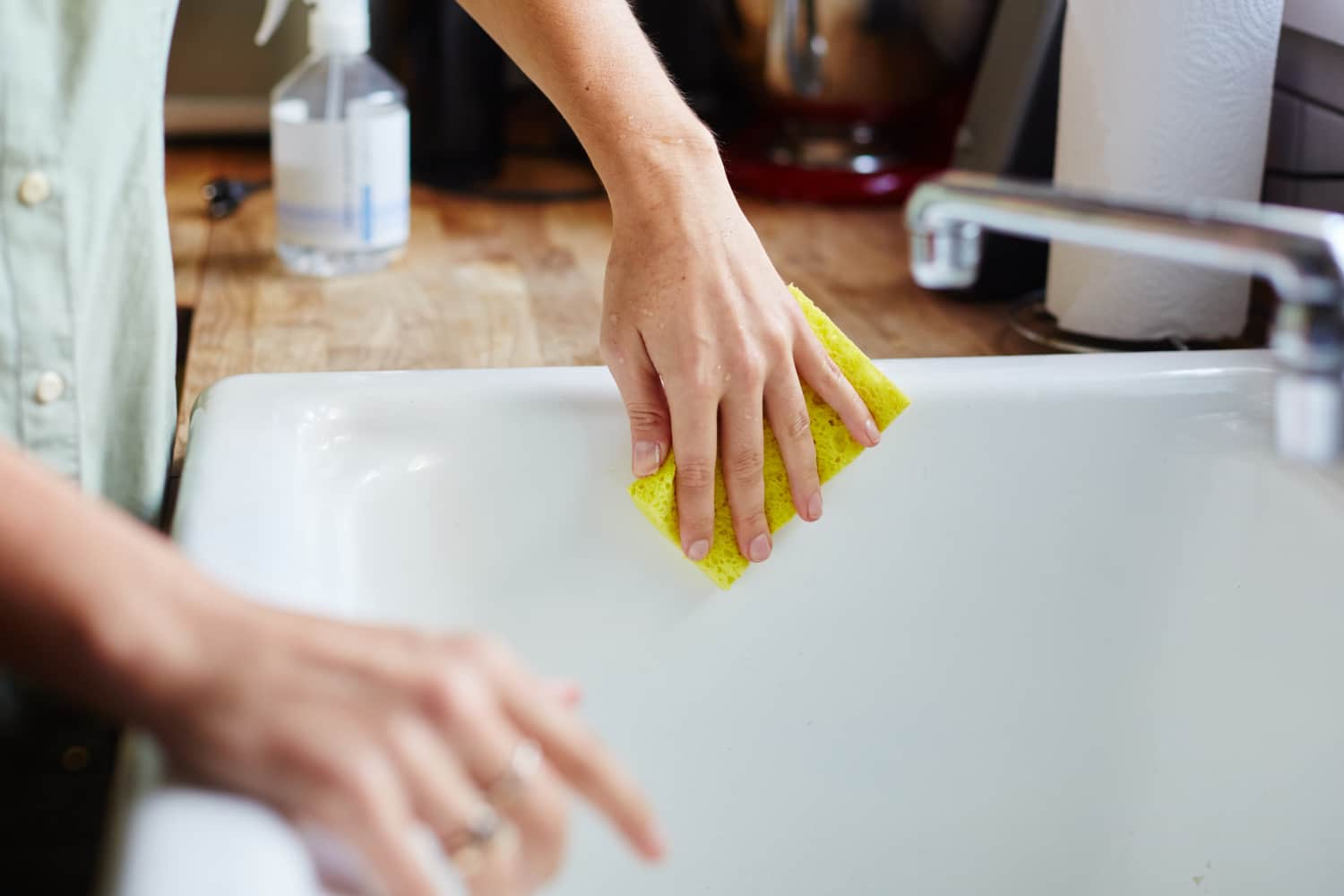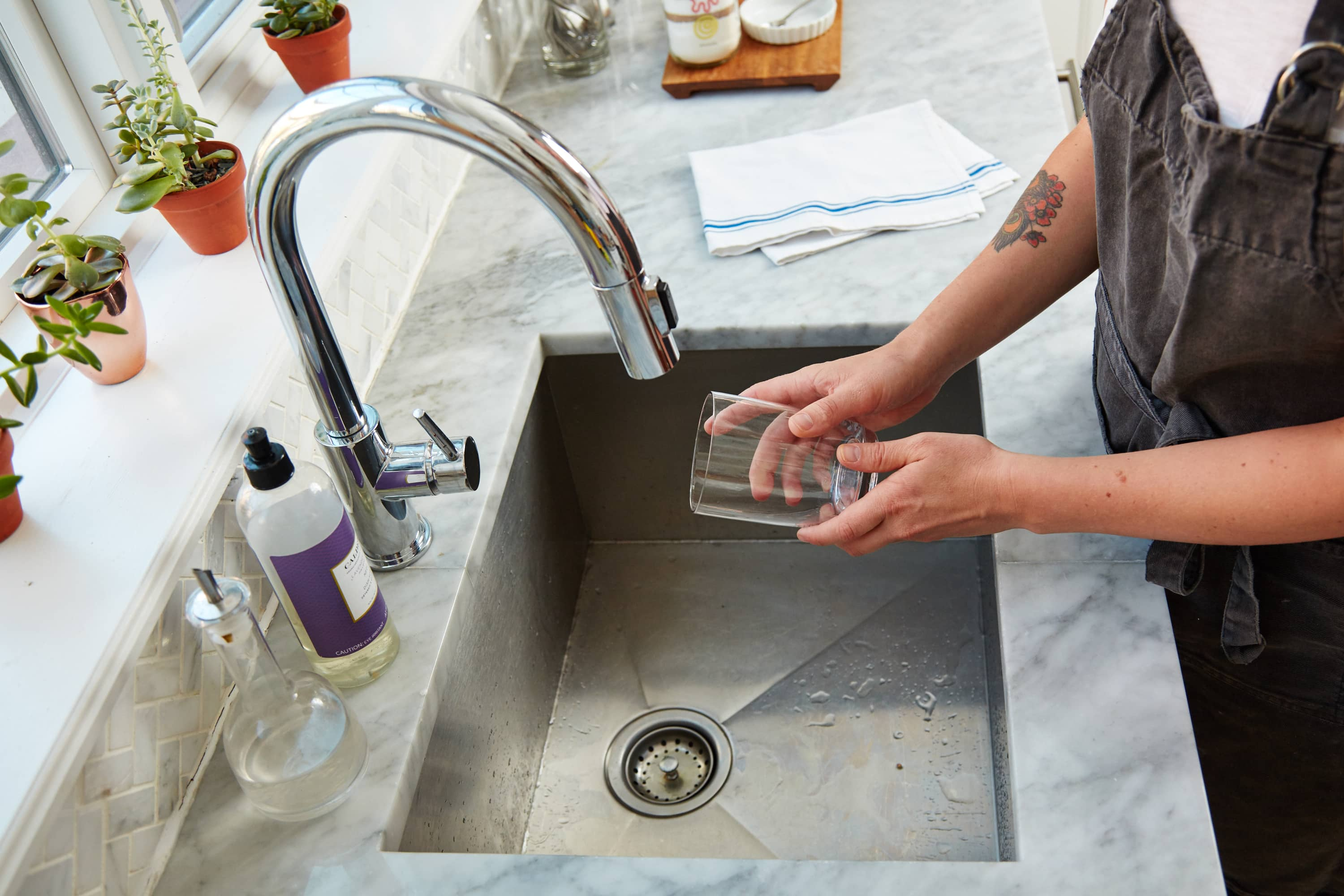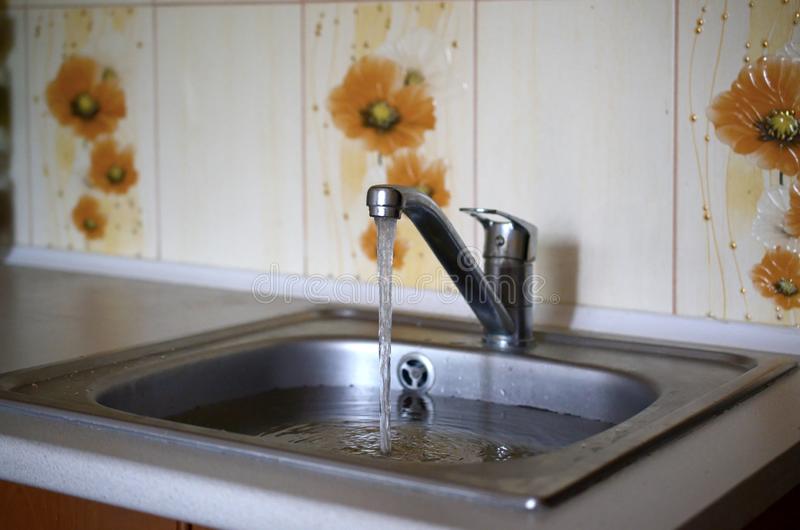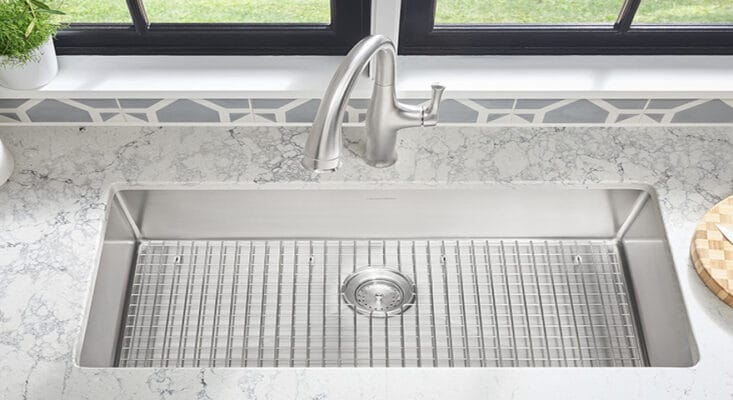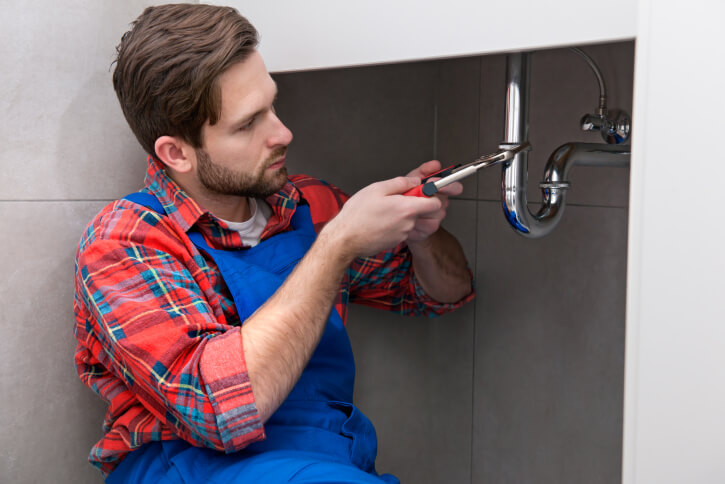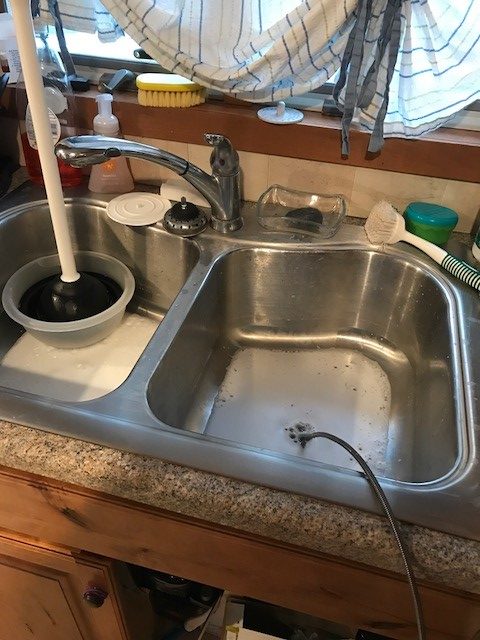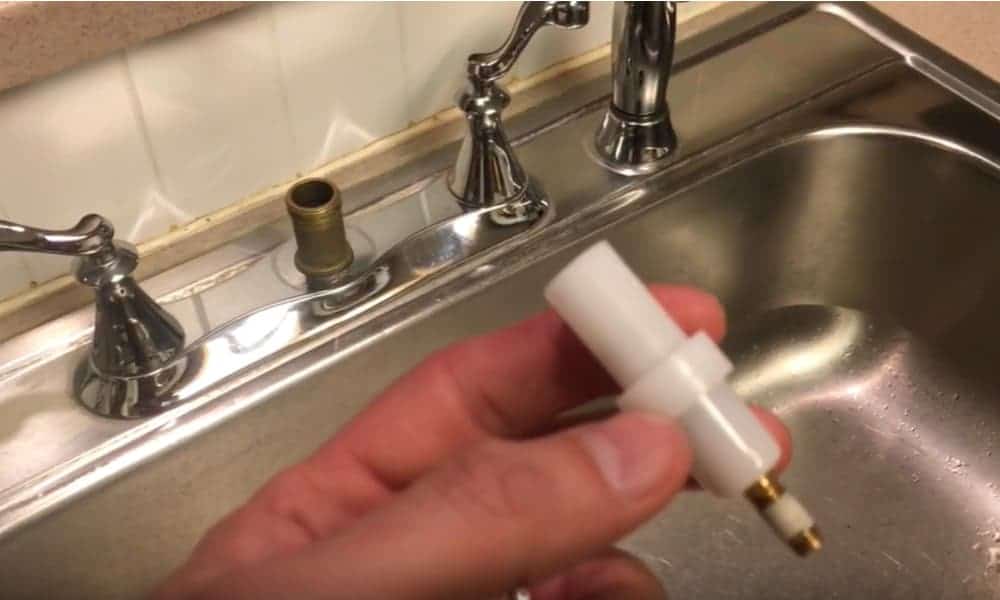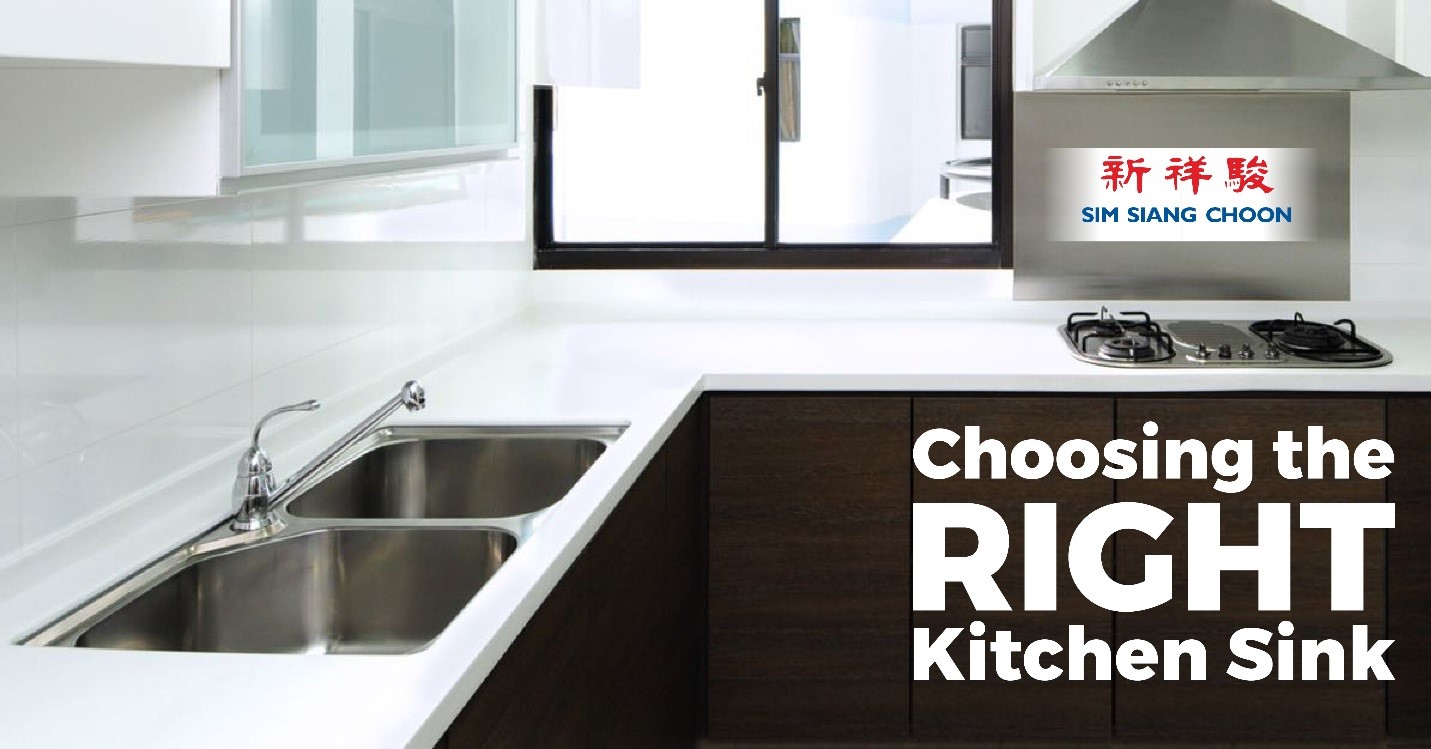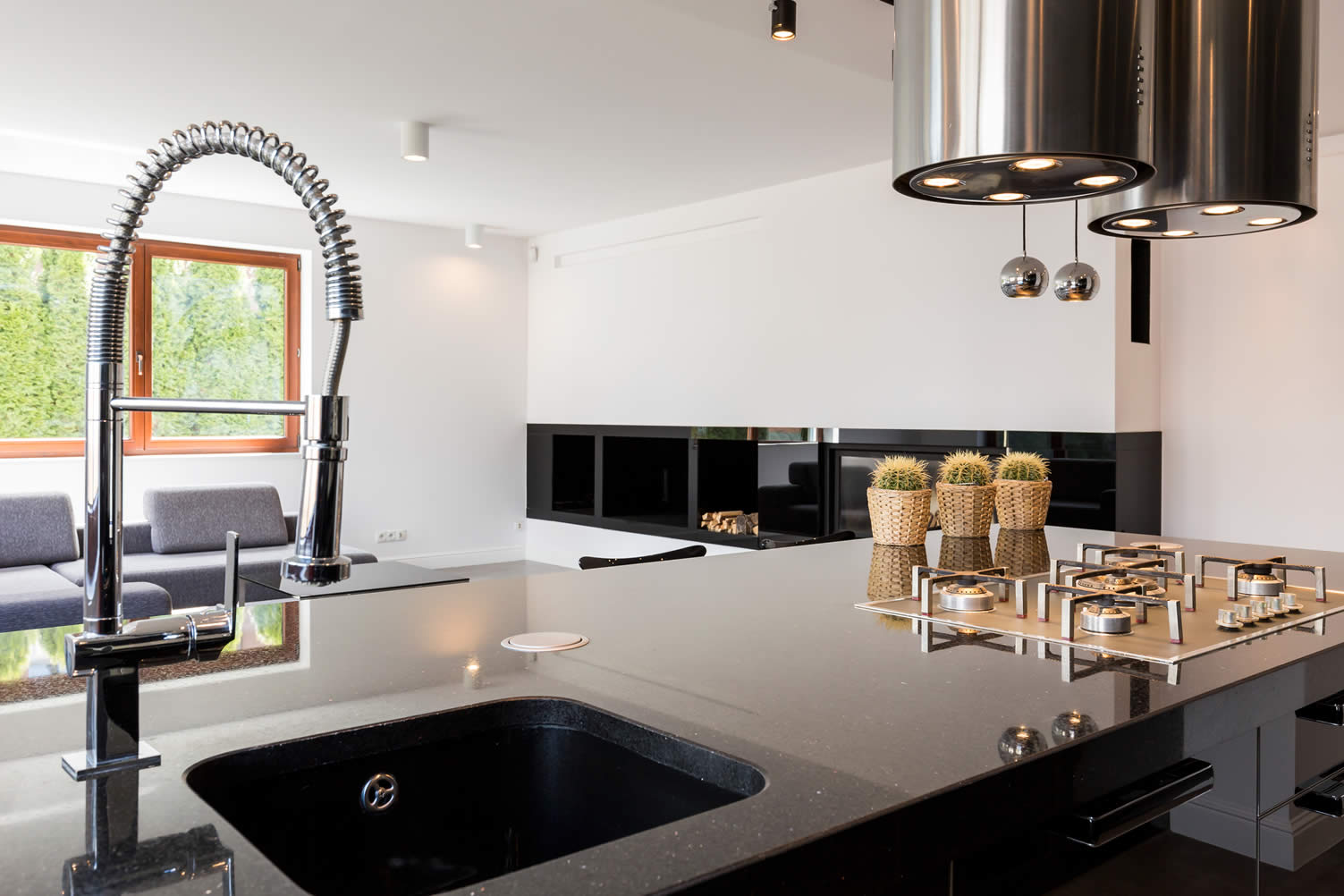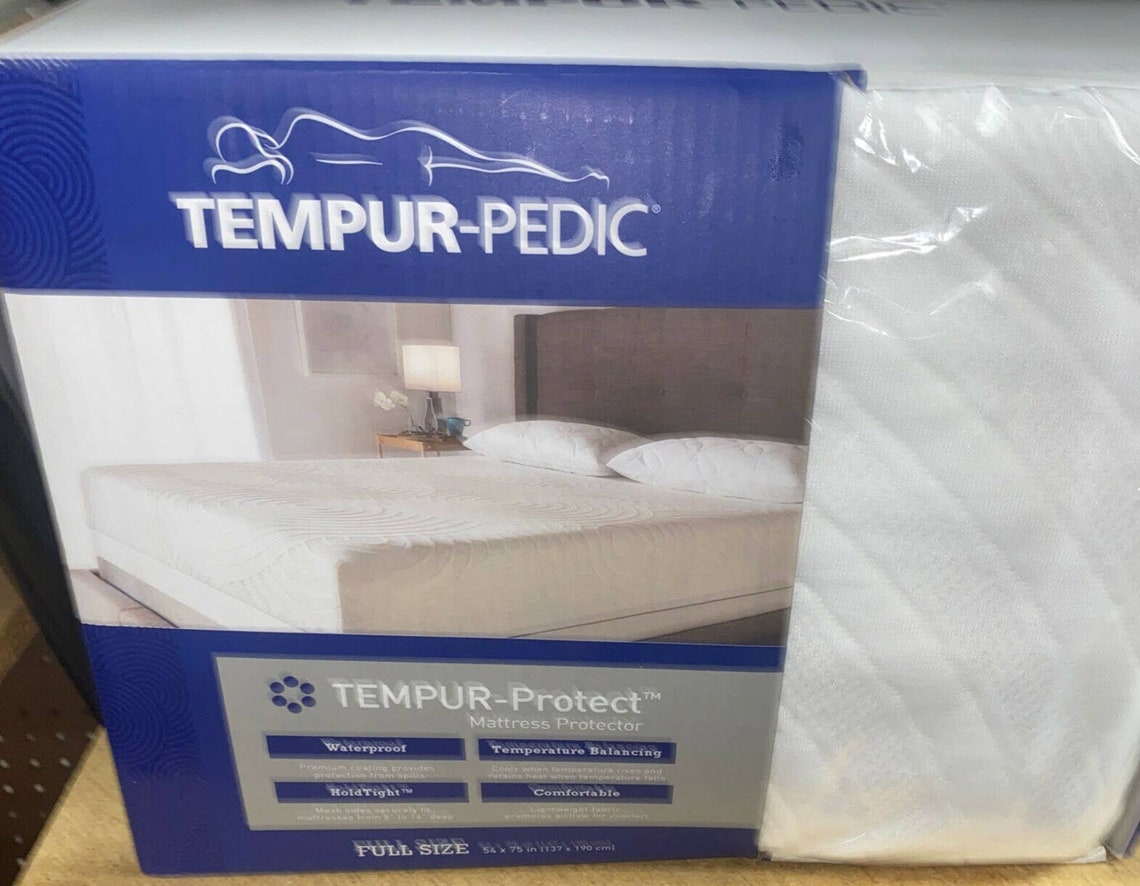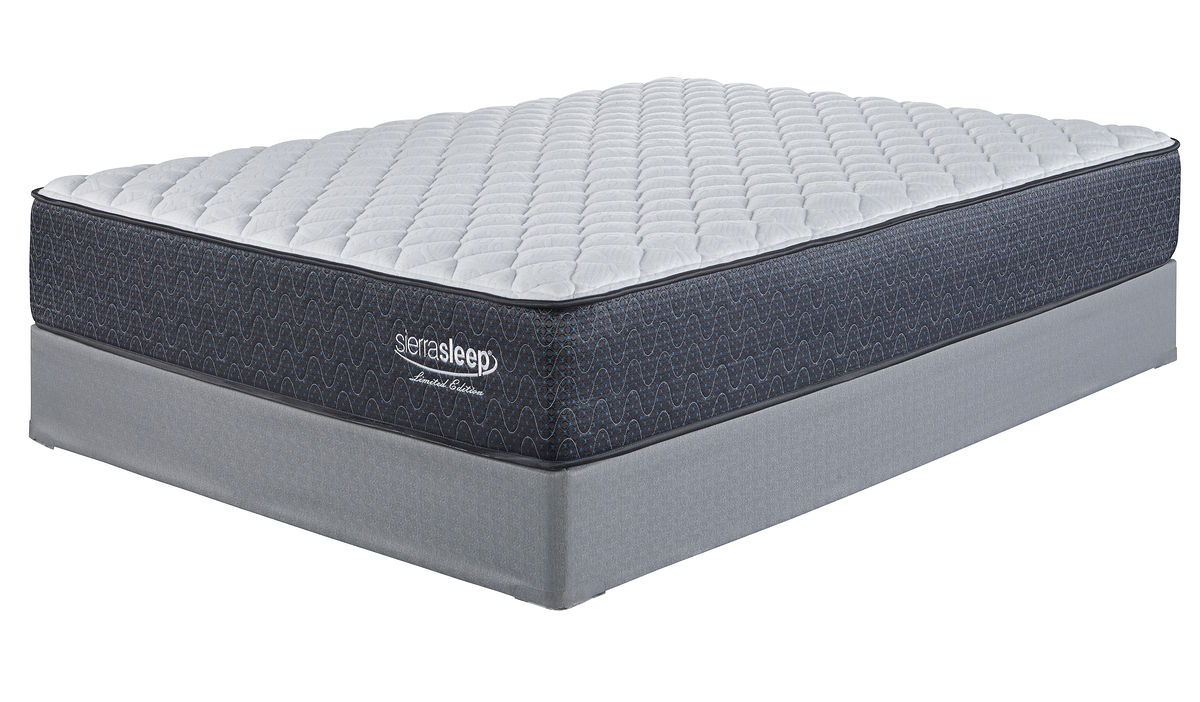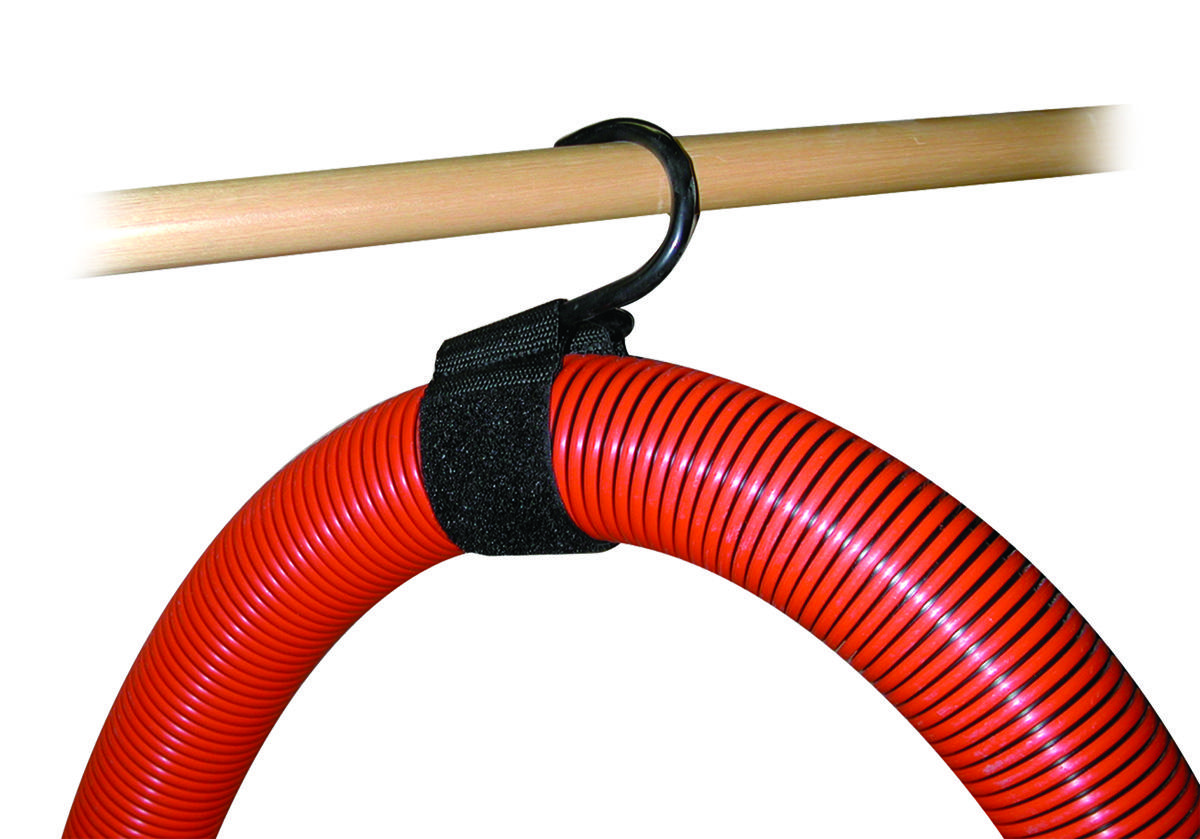Checking the Screens on a 1 Handle Kitchen Sink
If you have a 1 handle kitchen sink, you may have noticed a small screen located underneath the faucet. This screen is an essential part of your sink, as it helps to filter out any debris or particles from your water supply. Over time, this screen can become clogged or damaged, leading to issues with water flow and pressure. That's why it's important to regularly check and maintain your kitchen sink screen. In this article, we'll go over everything you need to know about checking and maintaining your kitchen sink screen.
How to Clean a Kitchen Sink Screen
Cleaning your kitchen sink screen is a simple task that should be done regularly to prevent clogs and maintain water flow. To clean your screen, start by removing it from the faucet. This can usually be done by twisting or pulling it out, depending on the type of faucet you have. Once removed, use a toothbrush or small brush to gently scrub away any debris or buildup on the screen. Rinse it with water and reattach it to the faucet. It's recommended to clean your screen at least once a month.
Replacing a Kitchen Sink Screen
If your kitchen sink screen is damaged or too clogged to clean, it may be time to replace it. You can purchase a replacement screen at most hardware stores or online. To replace the screen, remove the old one and replace it with the new one. Make sure to properly align it and secure it in place. If you're unsure how to replace your specific type of kitchen sink screen, consult the manufacturer's instructions or consider hiring a professional plumber.
How to Remove a Kitchen Sink Screen
If you're experiencing low water flow or pressure and suspect that your kitchen sink screen may be clogged, you'll need to remove it to clean or replace it. As mentioned before, most screens can be easily removed by twisting or pulling them out. If you're having trouble removing it, try using pliers or a screwdriver for leverage. Once the screen is removed, follow the steps mentioned above for cleaning or replacing it.
Maintaining Your Kitchen Sink Screen
In addition to regular cleaning, there are a few things you can do to maintain your kitchen sink screen and prevent clogs. First, make sure to scrape off any food scraps or debris before washing dishes or using the sink. This will prevent larger particles from getting stuck in the screen. You can also install a garbage disposal if you don't have one already, which will help to break down food scraps before they go down the drain. Lastly, avoid pouring grease or oil down the drain, as it can solidify and clog your screen.
Troubleshooting Kitchen Sink Screen Issues
If you're experiencing issues with your kitchen sink screen, such as low water flow or pressure, there could be a few potential causes. The first thing to check is if the screen is clogged, and if so, clean or replace it. If the screen is clean and the issue persists, there could be a blockage further down in the pipes. In this case, it's best to call a professional plumber for assistance.
Tips for Keeping Your Kitchen Sink Screen Clean
To prevent clogs and maintain the effectiveness of your kitchen sink screen, here are a few tips to keep in mind:
Common Problems with Kitchen Sink Screens
While kitchen sink screens are relatively simple and durable, there are a few common problems that may arise. These include clogs, cracks or damage to the screen, and issues with the faucet itself. It's important to regularly check for these problems and address them promptly to prevent further damage or costly repairs.
How to Fix a Clogged Kitchen Sink Screen
If your kitchen sink screen is clogged, you can try using a plunger or a plumbing snake to clear the blockage. If that doesn't work, you may need to remove the screen and clean or replace it. If you're unsure how to fix the issue, it's best to call a professional plumber for assistance.
Choosing the Right Kitchen Sink Screen for Your Needs
When it comes to choosing a kitchen sink screen, there are a few things to consider. Make sure to choose a screen that fits your specific faucet type and size. You may also want to look for screens with finer mesh to catch smaller particles. Additionally, consider the material of the screen, as some may be more durable or resistant to buildup than others. It's always a good idea to read reviews or consult with a professional plumber for recommendations.
In conclusion, while maintaining and checking your kitchen sink screen may seem like a small and insignificant task, it can save you from bigger issues down the road. By following these tips and regularly cleaning and inspecting your screen, you can ensure that your kitchen sink is functioning properly and efficiently.
Why Checking the Screens on a 1 Handle Kitchen Sink is Essential for a Functional and Beautiful Kitchen
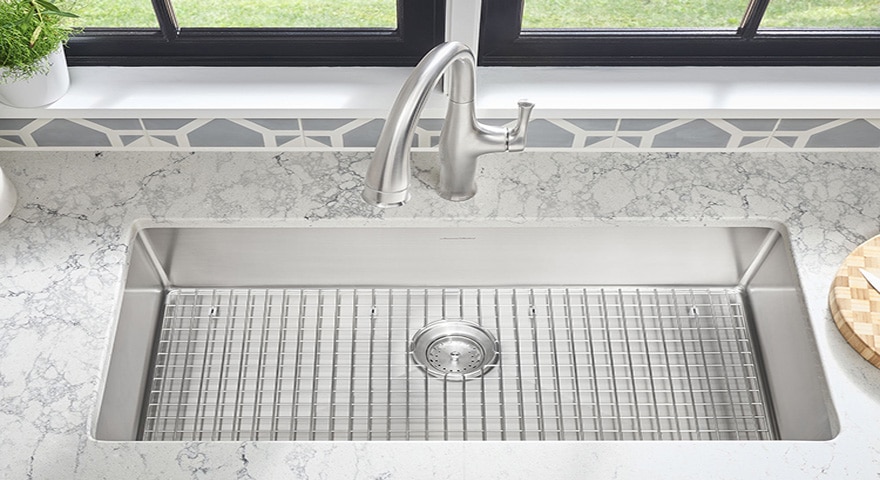
The Importance of Kitchen Design
 A well-designed kitchen is not only visually appealing, but also functional and efficient. It is the heart of the home where meals are prepared and memories are made. That is why every detail, no matter how small, should be carefully considered in the design process. One important element that is often overlooked is the kitchen sink. While it may seem like a simple fixture, the type and quality of the sink can greatly affect the overall functionality and aesthetics of your kitchen. That is why it is crucial to regularly
check the screens on a 1 handle kitchen sink
to ensure it is functioning at its best.
A well-designed kitchen is not only visually appealing, but also functional and efficient. It is the heart of the home where meals are prepared and memories are made. That is why every detail, no matter how small, should be carefully considered in the design process. One important element that is often overlooked is the kitchen sink. While it may seem like a simple fixture, the type and quality of the sink can greatly affect the overall functionality and aesthetics of your kitchen. That is why it is crucial to regularly
check the screens on a 1 handle kitchen sink
to ensure it is functioning at its best.
The Purpose of Screens on a Kitchen Sink
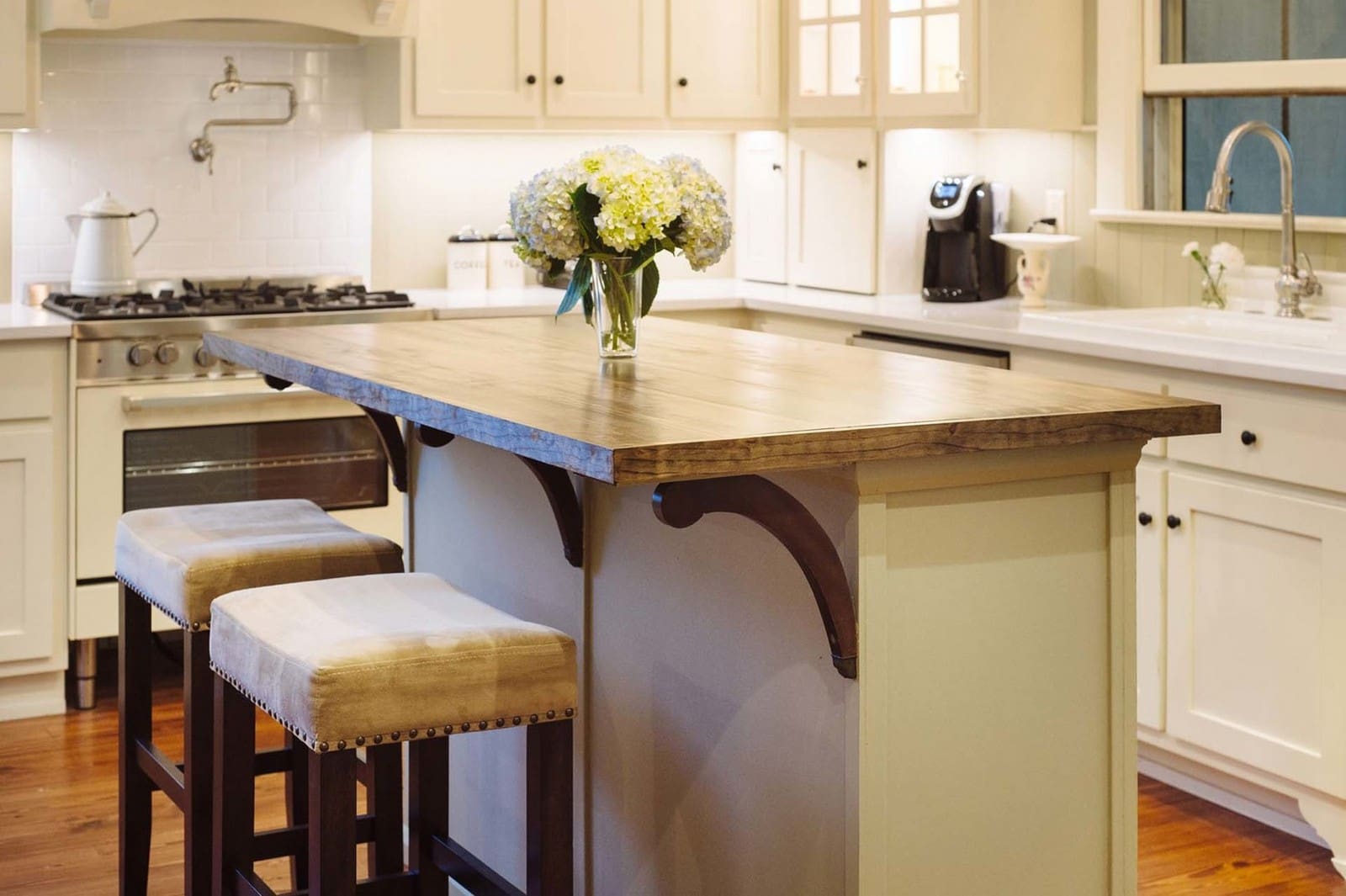 Before diving into the importance of checking the screens on a kitchen sink, it is important to understand their purpose. The screens, also known as strainers or drain catches, are small devices that fit into the drain of your kitchen sink. They are designed to
prevent food scraps and debris from clogging your pipes
. Without them, your sink would constantly get clogged, causing inconvenience and potential damage to your plumbing system.
Before diving into the importance of checking the screens on a kitchen sink, it is important to understand their purpose. The screens, also known as strainers or drain catches, are small devices that fit into the drain of your kitchen sink. They are designed to
prevent food scraps and debris from clogging your pipes
. Without them, your sink would constantly get clogged, causing inconvenience and potential damage to your plumbing system.
The Benefits of Checking the Screens
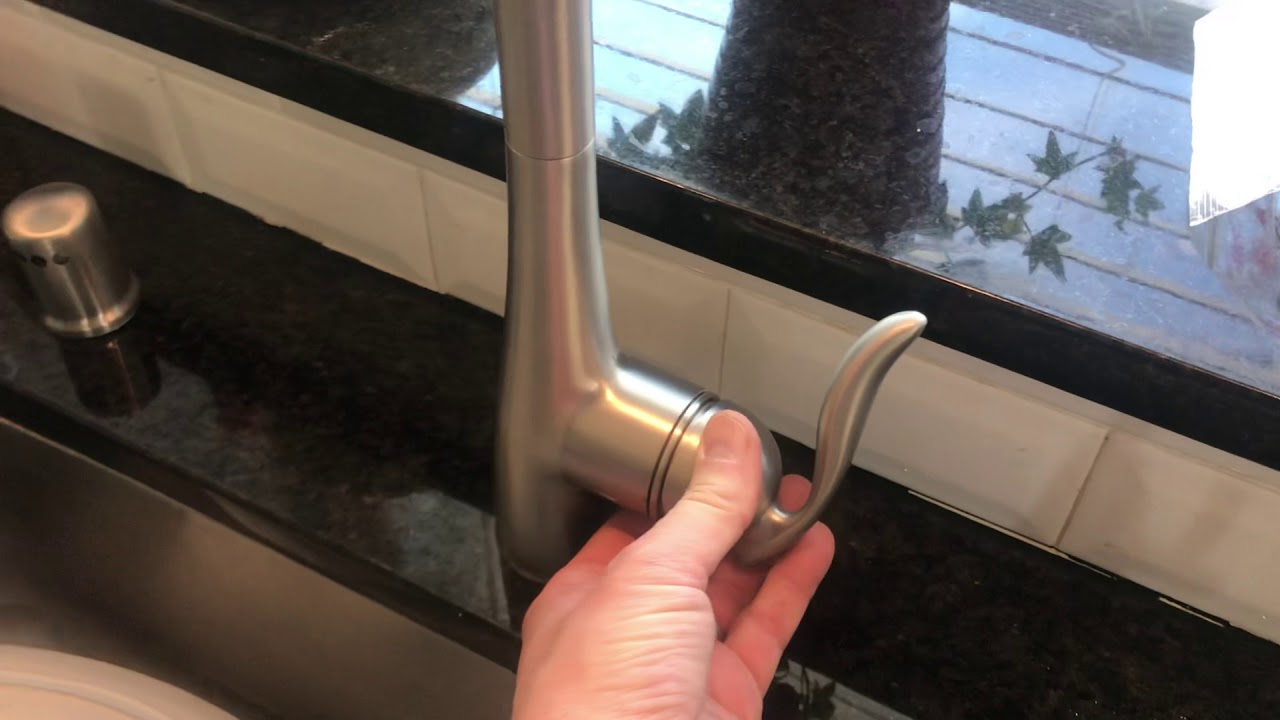 Now that we understand the purpose of screens on a kitchen sink, let's discuss the benefits of regularly checking them. First and foremost,
clean screens ensure proper drainage
. Over time, food particles and grease can build up on the screens, hindering water flow and causing unpleasant odors. By
cleaning or replacing the screens
regularly, you can prevent clogs and maintain a clean and functional sink.
In addition, regularly checking the screens can also
improve the overall look of your kitchen
. Dirty and clogged screens can make your sink look unsightly and unhygienic. By keeping them clean, you can maintain a beautiful and inviting kitchen space for you and your family to enjoy.
Now that we understand the purpose of screens on a kitchen sink, let's discuss the benefits of regularly checking them. First and foremost,
clean screens ensure proper drainage
. Over time, food particles and grease can build up on the screens, hindering water flow and causing unpleasant odors. By
cleaning or replacing the screens
regularly, you can prevent clogs and maintain a clean and functional sink.
In addition, regularly checking the screens can also
improve the overall look of your kitchen
. Dirty and clogged screens can make your sink look unsightly and unhygienic. By keeping them clean, you can maintain a beautiful and inviting kitchen space for you and your family to enjoy.
How to Check the Screens on a 1 Handle Kitchen Sink
 Checking the screens on a 1 handle kitchen sink is a simple task that can be done in a few easy steps. First, locate the screens in the drain of your sink. They are usually round and can be easily removed by twisting or pulling them out. Once removed, use a brush or toothpick to
remove any debris and rinse the screens with hot water
. If the screens are damaged or too dirty to clean, it is best to
replace them with new ones
for optimal functionality.
Checking the screens on a 1 handle kitchen sink is a simple task that can be done in a few easy steps. First, locate the screens in the drain of your sink. They are usually round and can be easily removed by twisting or pulling them out. Once removed, use a brush or toothpick to
remove any debris and rinse the screens with hot water
. If the screens are damaged or too dirty to clean, it is best to
replace them with new ones
for optimal functionality.
Conclusion
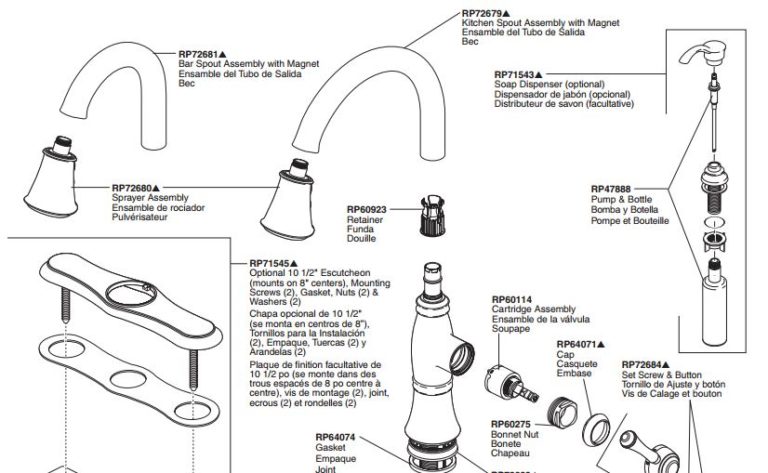 In conclusion, a well-designed kitchen is not complete without a functional and clean kitchen sink. Regularly checking the screens on a 1 handle kitchen sink is essential in maintaining proper drainage, preventing clogs, and improving the overall look of your kitchen. It may seem like a small task, but it can greatly impact the functionality and aesthetics of your kitchen. So, don't forget to add it to your regular cleaning and maintenance routine for a beautiful and functional kitchen space.
In conclusion, a well-designed kitchen is not complete without a functional and clean kitchen sink. Regularly checking the screens on a 1 handle kitchen sink is essential in maintaining proper drainage, preventing clogs, and improving the overall look of your kitchen. It may seem like a small task, but it can greatly impact the functionality and aesthetics of your kitchen. So, don't forget to add it to your regular cleaning and maintenance routine for a beautiful and functional kitchen space.





